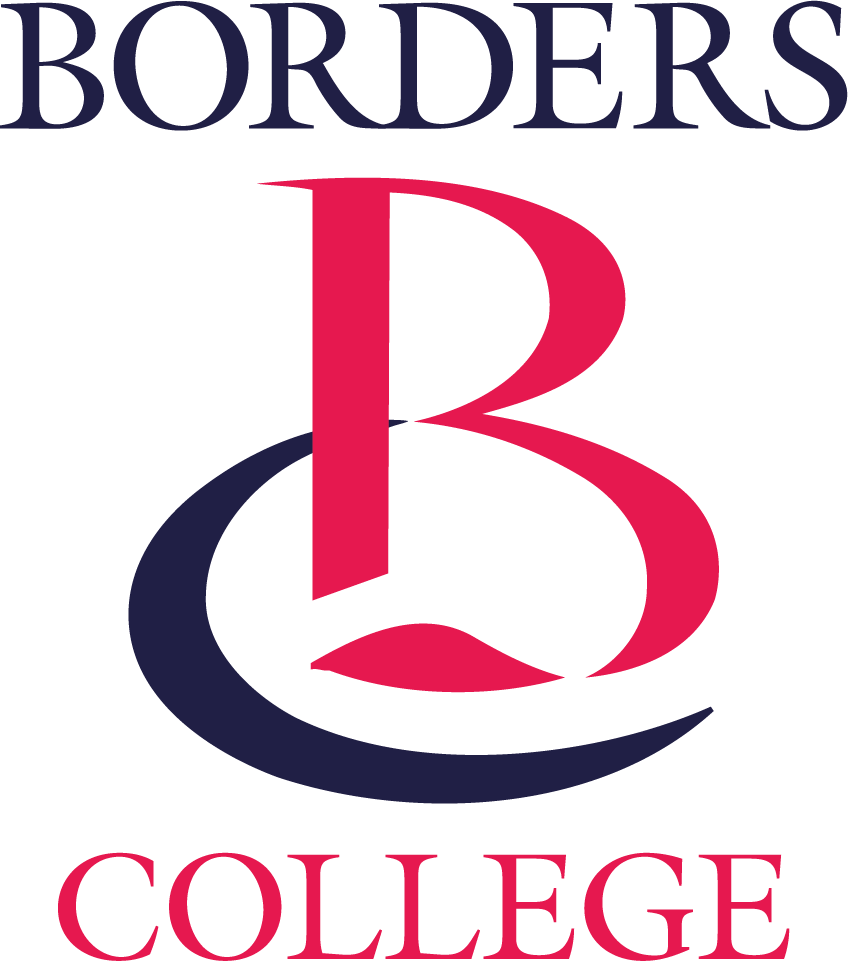Fast Track to Ecommerce and Business
In partnership with Skills Development Scotland, City of Glasgow College, Edinburgh College and Borders College.

Overview
Ecommerce is multi-disciplinary, involving a range of technical, tech and non-tech skills such as data analytics, Search Engine Optimisation (SEO), social media, web development and business management.
This course will help you navigate your career in one of Scotland’s fastest growing industry sectors.
Since the lockdown in 2020 when many businesses were required to comply with restrictions, over 85,000 online shops have been launched.
According to LinkedIn analysis of work trends in 15 countries, employment opportunities within ecommerce are predicted to be some of the most sought-after jobs in 2022. The sector saw an increase in hiring by over 140% from delivery drivers to ecommerce product specialists and content writers.
On completion, you will receive the Fast Track to Ecommerce and Business Award which will be jointly accredited by Skills Development Scotland, City of Glasgow College, Edinburgh College and Borders College.
- Mode of Study: Part-time, Online
- Start Date: TBC, 6 weeks
- Days: Tuesday, Thursday
- Time: 18:00 - 21:00
- Cost: £396.00
Applicants can apply for bursary funding covering all costs of this course with no need to repay.
Entry requirements
Minimum entry requirements
- Two Highers at Grade C or above in a relevant* subject; OR
- Other equivalent qualifications or work experience, where verifiable evidence has been provided.
*Relevant subjects include any from a STEM discipline or English.
Additional selection requirements
You may be invited for a group and/or individual interview where you can find out more about the course and tell us why you're interested in this subject area. This will take place via a video meeting platform such as Zoom or Microsoft Teams.

What you study
This course is made up of four units from core areas of the e-commerce and business sector.
The curriculum reflects the skills and behaviours identified by employers as important skillsets for within e-commerce and business in Scotland meaning you will be building a solid foundation for your future career.
During the 6-week course you will learn about the following topics, across 4 scheduled online college days:
The rapidly developing area of electronic commerce (e-commerce), has five principal areas.
- Key features of e-commerce systems, including traditional and electronic business transactions.
- The benefits of ecommerce and the use of the Internet to support ecommerce and the business models used.
- The business-to-consumer market for ecommerce, including techniques for marketing directly to consumers, consumer demographics and methods of building and maintaining customer loyalty.
- The business-to-business market for ecommerce, including strategies for marketing to businesses and value chains in e-commerce.
- Security Requirements - electronic payment systems used on the Internet, the methods and benefits of encryption and the use of digital certificates.
Data science and its analysis of substantial amounts of data to find patterns and trends so that predictions can be made about the future. Data science is used in a large, and growing, number of fields within Digital Marketing and Ecommerce. The principles of data science and data ethics:
- Data science and how it relates to artificial intelligence, machine learning and big data. The techniques of data science show how to use data science to find patterns and trends in data to inform business decisions.
- Practical skills in carrying out an analysis on a large dataset to inform a business marketing plan.
- Learn how to use software to carry out data analysis and present findings using visualisations and data dashboards.
- Ecommerce
The unit will enable candidates to have a broad understanding of the following key topics in the supply chain process:
- Knowledge and understanding of what a supply chain is; how a supply chain operates; the roles and responsibilities of individuals within the supply chain.
- Understand the constituent parts of a given supply chain and explain their interaction through the various flows that exist within that supply chain.
- Awareness of legal requirements and be able to consider how to identify potential suppliers and any difficulties that could occur between the organisation and the suppliers.
- The problems relating to the delivery of orders are dealt with and they will demonstrate their awareness of the legal and organisational requirements when orders are being progressed.
Digital Marketing Communications: Website Tools and Techniques Digital Marketing Communications: Content Development
- Website Tools and Techniques, and the importance of websites to organisations - developing a website for an organisation using a content management system.
- Content Development will develop skills, knowledge and tools to create and link digital media platforms to a basic website for an organisation.
- Develop skills and knowledge of search engine optimisation (SEO) tools, content management tools and various analytics tools for both websites and social media platforms and develop the practical skills required to construct a commercial digital platform from inception to promote a business or organisation.
- Professional etiquette and current legal regulations covering digital marketing communications.
After the course
Careers
The course is for those wishing to work in an administrative, sales, customer support or technical support role within e-commerce and business, such as:
| Order Clerks | Social Media Assistant | Product Assistant Data Analyst |
| Virtual Assistant | Ecommerce Analysist | Ecommerce Assistant |
| E-commerce Apprentice | SEO Assistant | Digital Marketing Assistant |
| Customer Services Assistant | Digital Communications Centre Operator | Social Media Consultant |

Teaching
How the course is taught
The Fast Track to Ecommerce and Business will be delivered as a blended online interactive course with staff, industry experts and participants accessing the course from home.
Along with notes, remote collaboration tools, suggestions for self-learning, and opportunities to have one to ones and group sessions with experienced tutors and industry experts, you must be fully equipped for a virtual classroom experience.
Learners will also be provided with additional learning resources via an online learning platform to practice in their own time.
Assessment methods
This course will be assessed through a mixture of timed assessments, essays and portfolios of work in an open book environment.
Register your interest
To register your interest in this new and exciting learning opportunity please follow the link below to the City of Glasgow College website.
